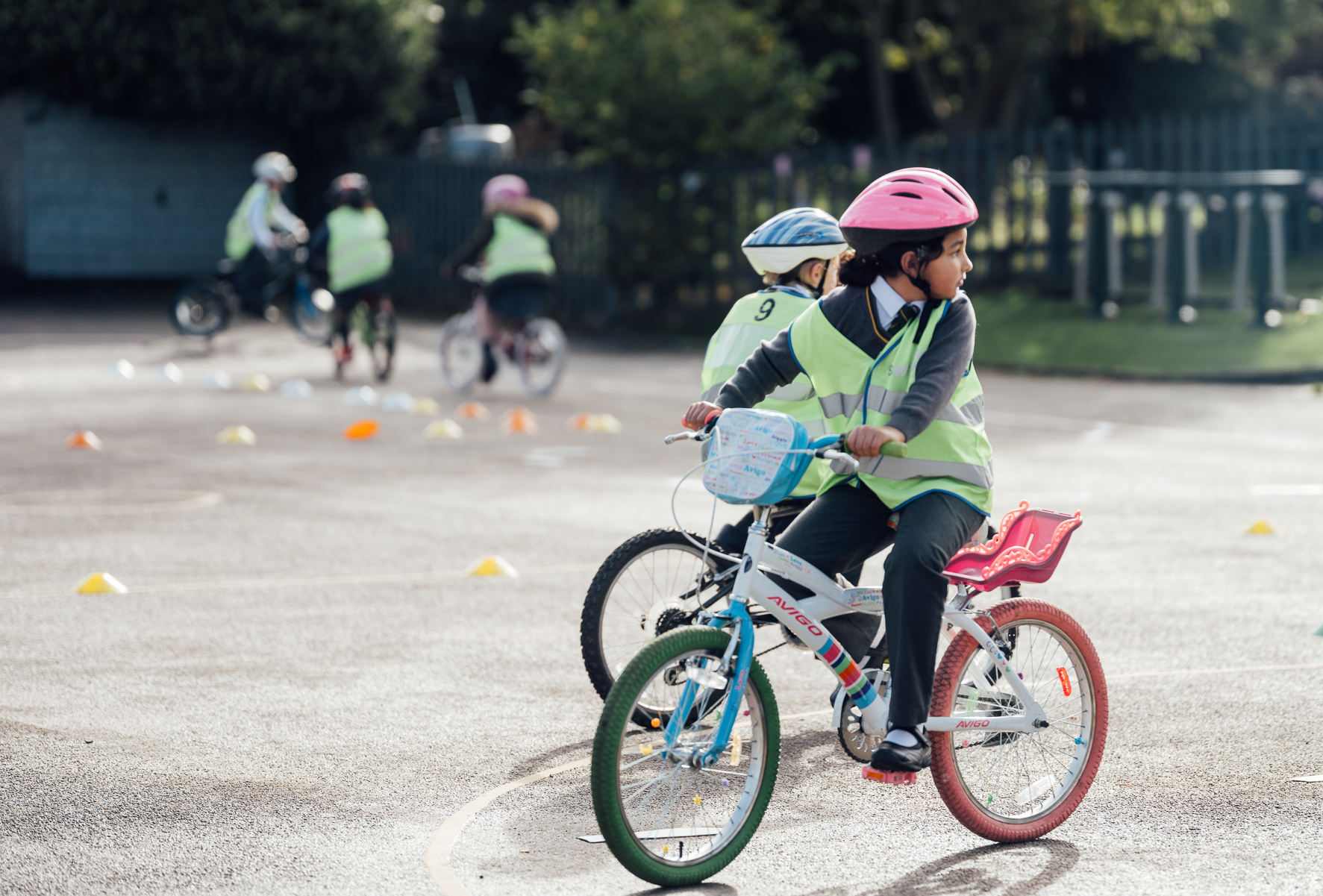English as an Additional Language

English as an Additional Language (EAL)
Over a million children in UK schools are bilingual and here at Tudor Grange Primary Academy Yew Tree, we are very proud of our multi-cultural school community and the broad and colourful experiences that this brings to our school.
Over a third of the pupils within our school speak more than one language and there are almost 30 different languages spoken across our year groups, from our 2-year olds to our 11year olds.
Recent figures suggest that around 70% of the world’s population speak two languages fluently and being bilingual can bring significant benefits.
“Experts have shown that speaking two languages can greatly enhance students’ academic success. They can develop greater mental agility, stronger analytical and problem-solving skills, better concentration, sharper reading skills, and more creativity. Research shows that children will grow up with a better sense of self when they are aware of their heritage and are active in the traditions of their cultures. Being bilingual can give a child a sense of pride and accomplishment… and a sincere appreciation for diversity.”
Virginie Raguenaud “Bilingual By Choice: Raising Kids in Two (or more!) Languages“.
Our bilingual pupils are tracked in their English Language development at the end of each term. They are categorised as:
Our bilingual pupils excel in the inclusive and supportive environment that we provide within our classes. New to English pupils benefit from being emerged in a rich and varied curriculum that enables them to have spoken and written English modelled for them. We acknowledge that our bilingual pupils may have well developed skills in their home language and tasks are therefore age and ability appropriate.
Supporting Your Bilingual Child in Learning English
To support children in learning English, it is important that our families continue to maintain and learn in their home language. If pupils have previous educational experiences then they may already have been taught about topics being covered at school. Even without previous educational experiences some concepts will be familiar to them. If pupils with little or no English Language development already understand a particular curriculum concept, they may simply need to transfer the understanding into the new language. Being able to express knowledge in their home language, even if it is just telling someone else the name of an object or concept, will help to give pupils a ‘hook’ on which to attach the new English word.
Research shows that bilingual or multilingual pupils perform better than their monolingual peers, so encouraging the continuation of home language use for English as an Additional Language pupils will support their academic achievement.
Reading at Home
Reading is a key skill to progressing with learning and acquiring good language skills and this is especially important for our Bilingual pupils. Reading at home is always encouraged and being exposed to good reading models is beneficial in helping a child understand correct pronunciation, which can in turn benefit a child’s spelling and writing skills. The following are a few websites that provide audio stories with accompanying written texts, so that parents and children can listen and read together or so that a child can listen to stories by themselves.
Good language skills and correct pronunciation can impact positively on emotional well-being and confidence and have a positive effect on other areas of learning and social skills.
EALS-Malayalam phonics 4 parents
https://www.bbc.co.uk/learningenglish/english/features/childrens-stories
Simple stories for new to English learners (children) – video and transcript
https://www.storylineonline.net/
Large selection of stories from different cultures read by famous people – video and transcript
Stories from different cultures and countries – audio, video and translations in various languages
If English is not your first language and you would like to improve your own English reading, writing, speaking and listening skills, courses are available at Solihull College and University Centre.